People who love dogs and peanut butter, listen up! Get a snack, settle down, and get ready to explore the world of tasty treats for dogs. There’s an old argument that has people wagging their tails and licking their tongues: is peanut butter really safe for our pet friends? It’s time to find out the truth about this creamy treat, from the classic Kong-stuffing sessions to those cute tongue-out selfies during treat time. Buckle up and come along with us as we find out The Scoop on Peanut Butter: Is It Really Safe for Dogs? We promise that this blog post will make you lick your lips with excitement!
A brief look at the subject of peanuts butter for dogs
People like to eat peanut butter as a treat, so it makes sense that many dog owners wonder if it is safe for their pets too. There are some important things you should think about before giving your dog peanut butter, even though it can be tasty and good for them.
First, it’s important to know that not every peanuts butter is the same. Some kinds have fatty oils, sugars, and salt added that are bad for dogs. Always choose natural or organic peanuts butter that doesn’t have a lot of added ingredients. Even better, all you need are peanuts and a food processor to make your own peanut butter at home.
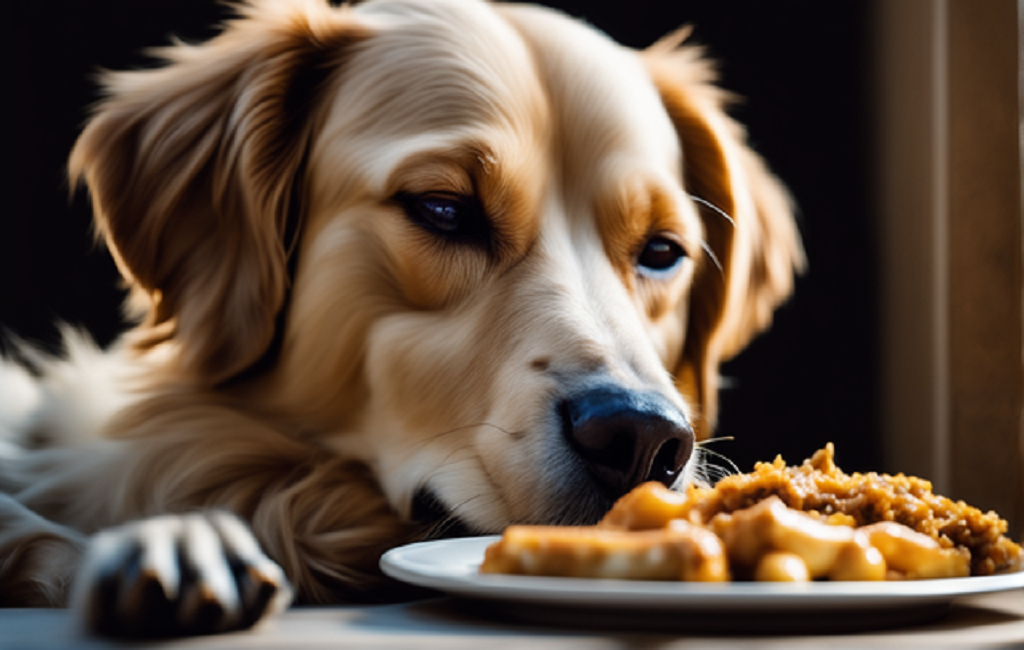
One more thing to think about is the risk of choking that comes from eating peanuts butter straight from the jar. Peanuts butter is very thick, so it can get stuck in a dog’s throat and make them choke. This won’t happen if you mix the peanut butter with other foods or put a thin layer on a treat or toy. Your dog can then lick it off.
It’s important to remember that dogs should only have small amounts of any treat. Most dogs love the taste of peanuts butter. Peanut butter shouldn’t make up more than 10% of your dog’s daily calories. If they eat too much, they can gain weight and get health problems like pancreatitis.
Additionally, it is very important to talk to your vet before giving your dog any new foods, even peanuts butter. Some dogs might not be able to safely eat this tasty treat because they have food allergies or restrictions.
In conclusion, giving your dog peanuts butter as a treat once in a while can be safe and tasty as long as you follow the right safety rules. It’s best to get natural varieties and not feed it straight from the jar. If you have any concerns about giving your dog peanuts butter, talk to your vet.
What can go wrong if you give your dog too much peanut butter?
People often say that peanuts butter is a tasty treat for dogs. Many dog owners use it as a reward during training or give it to their furry friends as a snack every once in a while. Pet owners should be aware, though, that giving their dogs too much peanuts butter could result in bad things.
1. Possible Allergies to Peanuts
Some dogs, like some people, are allergic to certain foods, like peanuts. If you have never given your dog peanuts butter before, you should keep a close eye on them after adding it to their food. Dogs may itch, swell up around the eyes or face, vomit, and have diarrhea when they are having an allergic reaction. In the worst cases, a dog might have trouble breathing. If any of these things happen after your dog eats peanuts butter, you should call your vet right away.
2. Risk of Being Fat
Because peanuts butter is high in calories and fat, giving it to dogs in large amounts could be bad for them. Dogs can become overweight if they eat too much peanuts butter and don’t exercise enough to burn off the extra calories and fat. This can lead to a number of health issues, including problems with the joints, the heart, and the lungs.
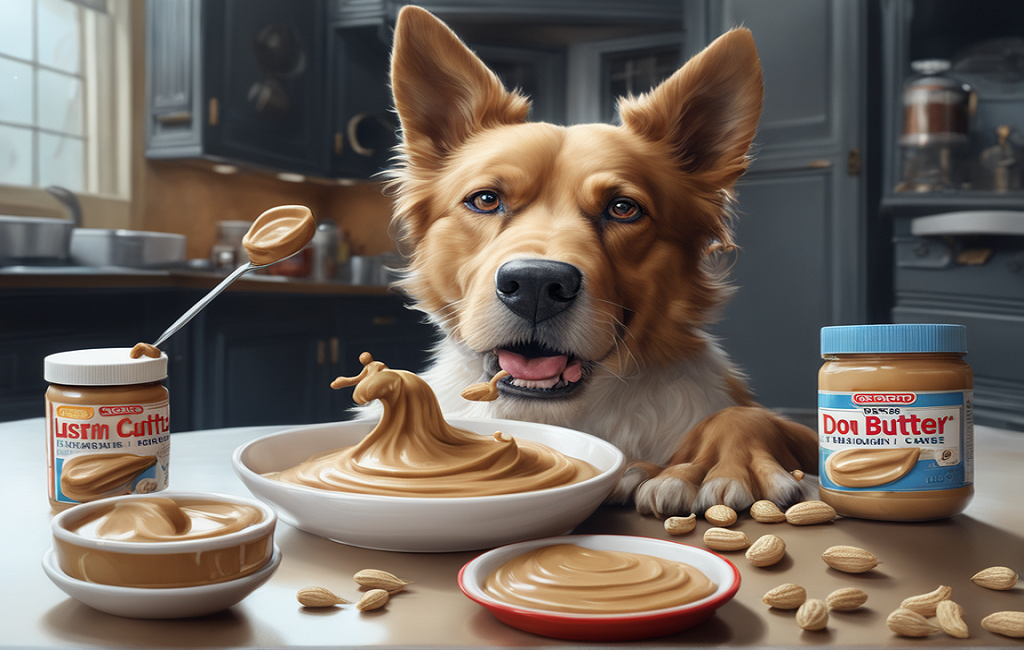
3. Poisoning from Xylitol
Some kinds of peanut butter have xylitol in them, which is an artificial sweetener that dogs can’t handle at all, even in small amounts. When a dog eats xylitol, their body releases insulin all of a sudden, which can cause their blood sugar to drop too low. Dogs that have been poisoned by xylitol will vomit, be weak, lose their balance, and have seizures. Dogs can die from xylitol poisoning if it is not treated.
4. Chance of getting pancreatitis
Peanut butter has a lot of fat, which can give dogs pancreatitis if they eat it often or in large amounts. Pancreatitis is an inflammation of the pancreas that can make you feel very tired, throw up, and have diarrhea and vomiting. If it gets bad enough, it can damage organs or even kill you.
5. Risk of Choking
If your dog can’t chew or swallow peanut butter properly, feeding it to them straight from a spoon or jar can make them more likely to choke. Because peanut butter is thick, it’s easy for it to get stuck in a dog’s throat and choke them.
6. Possible Health Problems for Some Breeds
There are breeds that are more likely to get health problems from eating peanuts butter than others. For instance, dogs with flat faces, like Bulldogs and Pugs, have shorter airways, which makes it more likely that they will have breathing problems when they eat something sticky like peanuts butter.
In conclusion
It might look like peanuts butter is safe for dogs, but it’s important to remember that your furry friend should only get a small amount of this tasty treat at a time. Before you give your dog any peanuts butter, make sure you know what’s in it, and don’t give them too much at once. You should talk to your vet if you are worried or if you notice any strange symptoms after your dog eats peanuts butter.
What peanut butter ingredients to avoid and why they might be bad for you
Each dog and its owner loves peanuts butter as a treat. It has a lot of protein and healthy fats, and it can make it easier to train and give medicines. However, not every peanut butter is the same. In fact, some peanut butters may have ingredients that are bad for dogs and can make them sick.
Here are some important things to watch out for in peanut butter and why they might be bad for you:
1. If you want to buy peanut butter for your dog, this may be the most important ingredient to stay away from. Xylitol is a sugar substitute that is often found in “light” or sugar-free foods and drinks, like gum, mints, toothpaste, and even some brands of peanuts butter! Small amounts of xylitol are not harmful to humans, but they are very dangerous for dogs because they can make insulin work quickly, which can cause dangerously low blood sugar levels. Taking in xylitol can also cause liver failure, which can be fatal.
2. Not enough salt: Too much salt is bad for people and dogs alike. Some brands of peanuts butter may have salt added to them to keep them fresh or make them taste better. Over time, too much sodium can hurt your kidneys, so try to stay away from foods that are high in it.
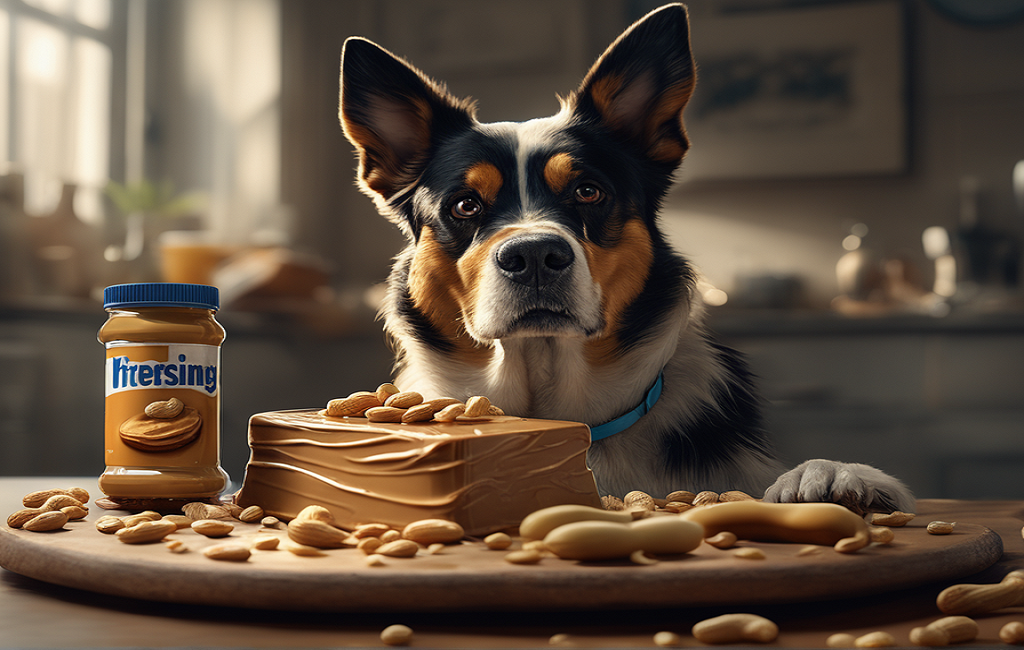
3. Hydrogenated Oils: These oils keep the oil and solids in peanuts butter from separating, which gives it a smooth texture and makes it last longer. Trans fats, which are found in a lot of these oils, have been linked to heart disease, obesity, and inflammation in both people and dogs.
4. High-Fructose Corn Syrup: This cheap sweetener is often put in food to make it taste better. But it can make dogs gain weight and become obese, and it can also cause dental problems.
5. Artificial Sweeteners: Dogs should not only avoid xylitol, but also other artificial sweeteners. Other common ones, like sorbitol, maltitol, and sucralose, can also make your stomach upset or even make you sick if you eat too much of them.
6. Different kinds of peanuts butter may have additives or preservatives in them. These may include BHA, BHT, propylene glycol, or ethoxyquin, which has been linked to cancer and other health problems in dogs.
To stay away from these bad things, pick all-natural or organic peanut butter that is made from peanuts and maybe a little salt. Before giving your dog peanuts butter, always check the list of ingredients. It’s worth the extra work for their health and well-being.
Dogs can eat peanut butter substitutes that are safe.
A lot of people like to give their dogs peanut butter as a treat because it’s tasty and easy to use. These days, though, worries about how safe regular peanut butter is for dogs have made many pet owners look for other options. If you don’t want to give your dog regular peanut butter or if they have allergies or can’t have certain foods, there are many safe options that will still taste good to them.
1) Real peanut butter
Natural peanuts butter, which usually only has one ingredient (ground peanuts), is a simple switch. This kind of peanut butter doesn’t have any extra sugar, salt, or oils that are bad for dogs. While the texture isn’t quite the same as regular peanuts butter, the rich taste that dogs love is still there.
2) Butter made from sunflower seeds
For dogs that can’t eat nuts, sunflower seed butter is a great alternative. This choice is made from ground sunflower seeds and gives your dog a nutty taste while also giving them important nutrients like magnesium and vitamin E.
3) Peanut butter
For dogs who are allergic to nuts, almond butter is a great alternative. This is because almonds are not related to peanuts or cashews. It has the same health benefits as regular peanuts butter and tastes a little sweet, which may appeal to picky eaters.
4) Peanut-Free Spread Made at Home
If you’d rather make your own dog treats at home, you can use fruits and vegetables to make a lot of different safe alternatives to peanut butter. Bananas, applesauce, pumpkin puree, and coconut oil can all be mixed together to make a tasty spread that is safe for dogs.
5) Frozen yogurt or Greek yogurt
Plain frozen yogurt or Greek yogurt can be used as a base for adding other dog-friendly things, like blueberries or mashed banana. If your dog is not allergic, you can even add small amounts of natural peanut butter.
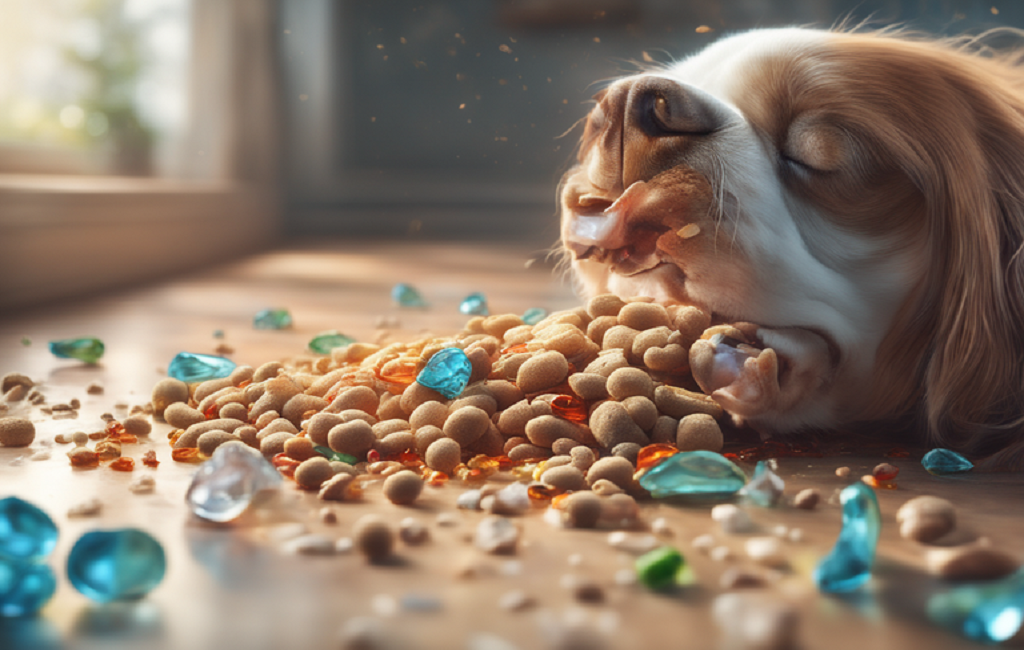
Remember to always read the label and list of ingredients before buying any ready-made peanut butter alternative to make sure it doesn’t have any additives that could be harmful, like xylitol, added sugars, or salt. Also, remember that these alternatives should only be given as treats and not as a regular part of your dog’s diet. Before making any changes to your dog’s diet, you should always talk to your vet to make sure they are getting all the nutrients they need.
Why giving dogs small amounts of peanuts butter is a good idea
Peanut butter is a treat that both people and dogs like. Many pet owners give it to their pets as a snack because it tastes great, has a creamy texture, and is high in protein. But, like any food for people, there are worries about whether peanut butter is safe for our pets. While peanut butter can be bad for your dog in large amounts, it can be good for small amounts.
Giving dogs small amounts of peanut butter can help them in the following ways:
1. A lot of protein
Protein is very important for your dog’s health and well-being, and peanut butter has a lot of it. Protein is important for building and repairing tissues, keeping muscles strong, and growing new ones. Peanut butter can help your dog meet its protein needs if given in small amounts as part of a well-balanced diet.
2. Gives you healthy fats
Not only is peanut butter high in protein, it also has healthy fats that are good for your dog’s health. These include polyunsaturated fatty acids (PUFAs) and monounsaturated fatty acids (MUFAs). PUFAs and MUFAs are known to lower the risk of heart disease and help the brain work.
3. A good source of minerals and vitamins
Niacin (vitamin B3), B6, E, magnesium, potassium, and zinc are all found in peanut butter. These are all essential nutrients that help keep your dog healthy. Niacin helps the body make energy, and vitamin B6 helps make red blood cells, which carry oxygen around the body. A strong antioxidant like vitamin E helps keep cells from getting hurt. Magnesium is good for bones and muscles, and potassium is needed for nerves and muscles to work. Zinc, on the other hand, helps the body’s defenses, supports growth and development, and keeps the skin and coat healthy.
4. Stimulating the mind
Besides being good for their health, peanut butter can also help keep their minds active. Dogs like to chew, and giving them peanut butter-stuffed toys or frozen peanut butter treats can help them satisfy their urge to chew while also keeping their teeth healthy.
5. It makes giving medicine easier.
If your dog needs to take medicine every day or sometimes, putting a little peanut butter in it can make it much easier to give it to them. Many dogs enjoy peanut butter so much that they won’t even notice the medicine that is hidden inside.
In conclusion
In conclusion, giving dogs small amounts of peanut butter may be good for their health there. But it’s important to remember that peanut butter should only be given in small amounts and as part of a healthy diet. If you eat too much of it, you might gain weight and have other health issues. Before giving your dog a new food or treat, you should always talk to your vet first.
Advice on how to safely add peanut butter to your dog’s food
Many dog owners love giving their furry friends peanut butter as a treat because it tastes good and can be used in many ways. A lot of people feed their dogs this because it’s full of protein and healthy fats. While some store-bought peanut butter is safe for dogs, others have ingredients like xylitol that are not safe for them. So how can you feed this tasty spread to your dog without worrying about it? Remember these things:
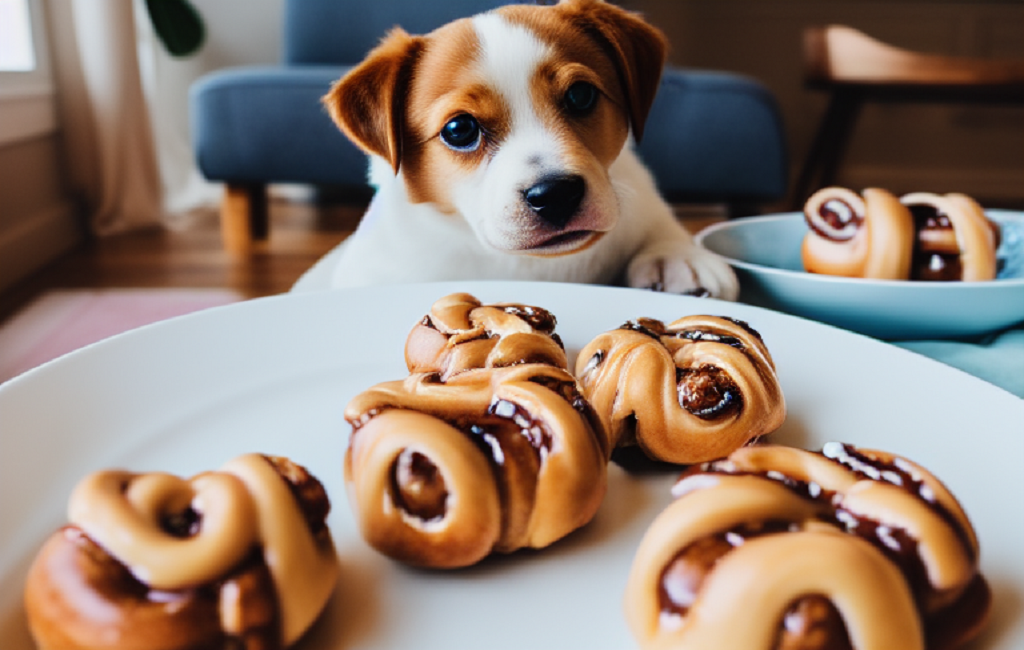
1. Pick natural or peanut butter that you make yourself.
When buying peanut butter for your dog, choose natural or home-made kinds that only have peanuts and salt in them. These choices don’t have any extra sugars, preservatives, or other ingredients that might be bad for your dog.
2. Look for xylitol on the label.
Xylitol is a sugar substitute that is often found in candy, peanut butter, gum, and other sugar-free foods. People can safely consume xylitol, but dogs should not consume large amounts of it as it is very harmful to their health and can even cause liver failure if they do. Before you buy any peanut butter products, you should always carefully read the list of ingredients.
3. Start with little bits.
If your dog has never had peanut butter before, give it to them in small amounts at first and slowly increase the amount over time. This will help keep your stomach from getting upset from eating too much new food at once.
4. For a snack, just use plain peanut butter.
If you want to give your dog peanut butter, you should only do so in small amounts and only as a treat once in a while. If you eat too much peanut butter, you might gain weight and have other health problems.
5. It’s a healthy thing to put on their food or toys.
You can add peanut butter to your dog’s kibble or mix it into frozen treats like stuffed Kongs to make them taste even better. This will give them more variety in what they eat and make meals more fun for them.
6. Watch how your dog responds.
If you give your dog peanut butter for the first time, you should watch to see how they react. Some dogs may be allergic or sensitive to peanuts. If you have any strange symptoms like vomiting, diarrhea, or itching, stop using it right away and talk to your vet.
7. If your dog has pancreatitis, don’t give it peanut butter.
Pancreatitis is an inflammation of the pancreas condition, so if your dog has it, they shouldn’t eat high-fat foods like peanut butter. Prior to adding any new foods to their diet, you should talk to your vet.
Keep in mind that giving your dog peanut butter in small amounts is best. These tips will help you make sure that they stay healthy and happy while adding this tasty spread to their diet.
What experts say about whether or not it is safe for dogs to eat peanut butter
A lot of people have different ideas about whether or not it is safe for dogs to eat peanut butter. We asked veterinarians and animal nutritionists for their thoughts on this subject to help shed light on it.
Dr. Sarah Smith, a veterinarian with more than 10 years of experience, thinks that giving peanut butter to dogs in small amounts can be good for them. She says to pick natural or organic peanut butter that doesn’t have any extra salt or sugar added. Dr. Smith also says to read the label to see if it has xylitol, an artificial sweetener that dogs can’t handle.
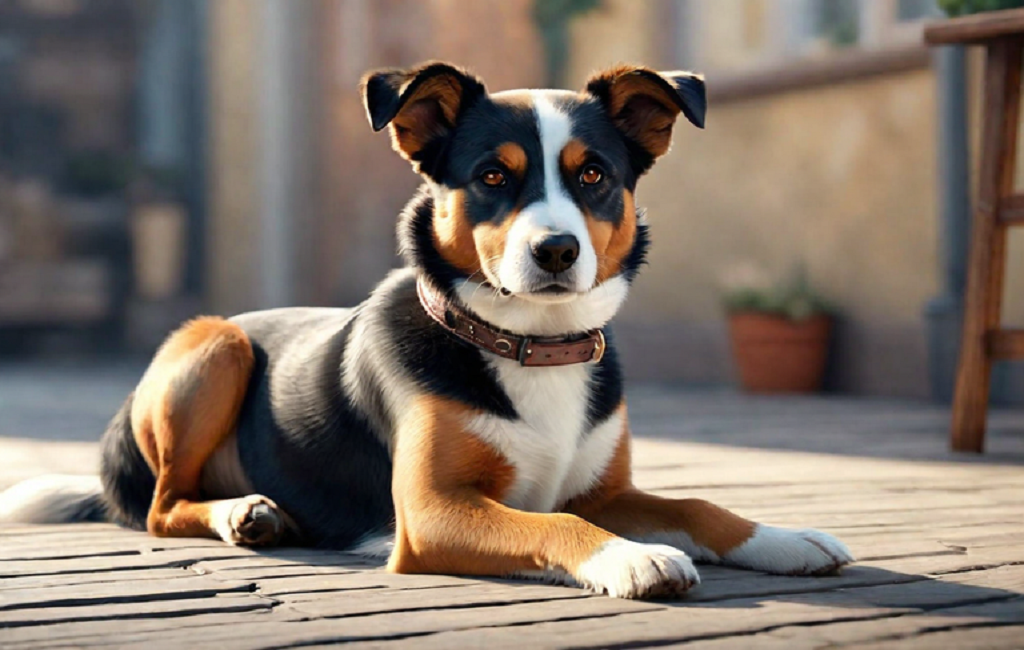
Also, Dr. John Michaels, a board-certified veterinary nutritionist, says that giving dogs peanut butter as a treat every once in a while can give them healthy fats and protein. He warns against giving too much peanut butter at once because it could make the stomach upset.
On the other hand, some experts say that dogs shouldn’t be given any peanut butter because it could be harmful. Kelly Jones-Bondioli, a Registered Veterinary Technician, says that even small amounts of xylitol in some brands of peanut butter are very bad for dogs. She says you should talk to your vet before giving your dog any kind of food meant for people.
The high fat content of peanut butter is another reason to be wary of giving it to dogs. Tracy Morris, who is a certified veterinary technician and the founder of an animal rescue group, says that dogs can get pancreatitis if they eat too much fat. This is an inflammation of the pancreas that can be very dangerous.
Pet nutritionist and founder of an online pet food delivery service Elizabeth Cutler RD MVP, on the other hand, thinks that peanut butter can be a healthy treat for dogs if given in moderation. For a healthy snack, she says to put a thin layer on top of fruits or vegetables.
In the end, most experts agree that dogs can eat peanut butter in small amounts as long as it doesn’t have any harmful ingredients like xylitol and isn’t their main source of fat. Before giving your dog any new foods, you should always talk to your vet first.
Conclusion: figuring out the pros and cons of peanut butter
After thinking about the pros and cons of giving your dog peanut butter, you should carefully weigh these things before deciding whether to increase their food. There are some possible risks that come with eating peanut butter, but there are also many benefits that is hard to ignore.
First, let’s talk about the risks that might come with giving your dog peanut butter. As we already said, one of the main worries is that most kinds of peanut butter are high in calories and fat. When your dog eats too much, especially on a regular basis, it can become overweight, which can cause health problems like diabetes, heart disease, and joint pain. Some dogs may also be allergic to peanuts or other things that are often found in peanut butter, like sugars or preservatives. This can cause symptoms ranging from minor discomfort to severe reactions that need medical help right away.
There are, on the other hand, many good things about giving your dog small amounts of peanut butter. For starters, it has a lot of protein, which is important for keeping muscles strong and the immune system healthy. There are also heart-healthy fats in peanut butter, like monounsaturated and polyunsaturated fats, which can help lower cholesterol and lower the risk of heart disease. It also has a lot of vitamins E and B3 (niacin), which are good for your health in general.
Giving your dog peanut butter is great because it can be used as a treat or a snack in many different ways. Peanut butter tastes and feels great to many dogs, which makes it a useful food for training, mental stimulation, or just as a special treat to show your furry friend some love.
However, how do you decide if you want to feed your dog peanut butter? Talking to your vet about what is best for your dog’s needs and health is the best thing to do. Based on your dog’s weight and current diet, they can figure out if there are any possible risks and give you advice on how to introduce peanut butter in moderation if it is found to be safe for your dog.
In conclusion, giving peanut butter to dogs comes with some risks, but it also has a lot of possible benefits that can’t be ignored. You can safely add small amounts of peanut butter to your dog’s food to make it more tasty and healthy as long as you carefully consider your dog’s specific needs and talk to your vet first. Just remember to always eat in moderation and pick natural foods that aren’t salted and don’t have any added sugars or preservatives.
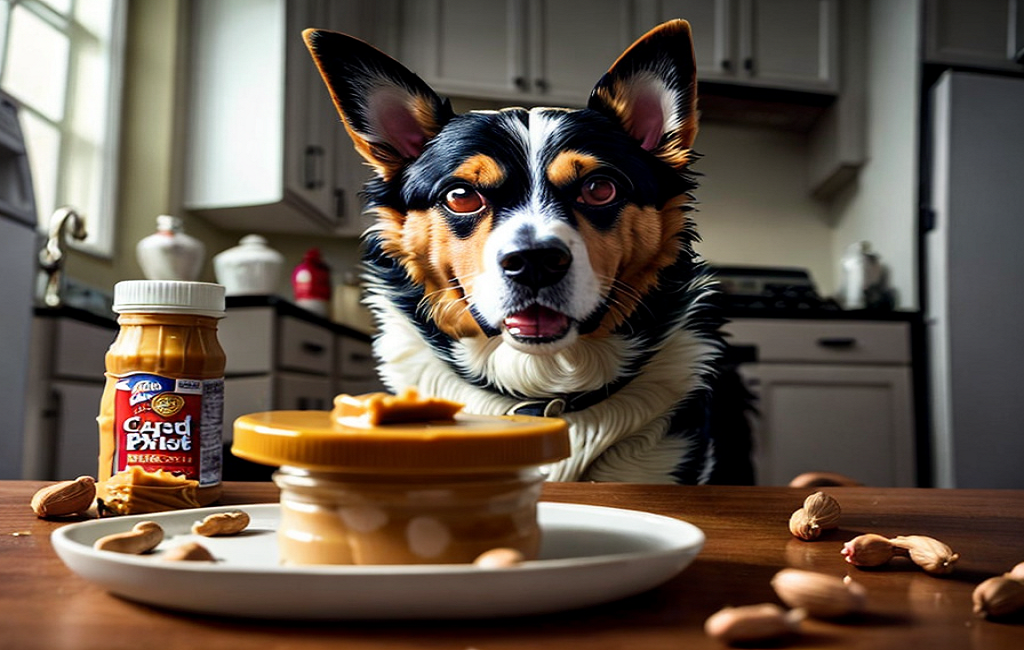
1 thought on “What the Experts Say, Is Peanut Butter Really Safe for Dogs?”